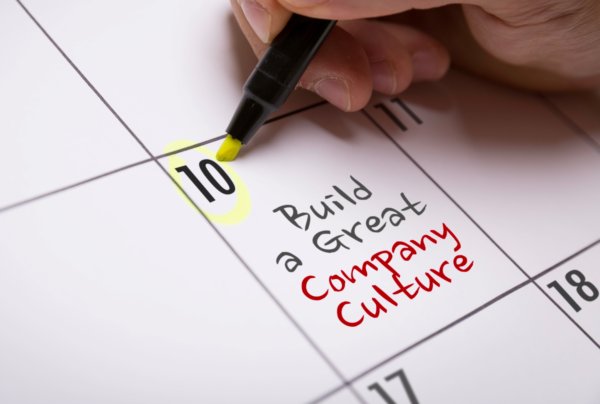
Company Culture: What is it and Why it is Important?

When weighing different job prospects, there are lots of factors to consider: compensation, benefits, location, job responsibilities and most of all, company culture. This notion of working somewhere with a great culture holds a lot of weight for Gen Y, a group of people that want to love the environment they work in… and rightfully so!
So what really makes up company culture, and why should you factor it into your job search?
1. The set of values that are important:
Every workplace has a set of values that are important to them. Google looks for “ability and determination,” Zappos values “fun and a little weirdness,” and GE fosters “bringing ideas to life.” All are great things to value but quite different. When you’re considering different companies, think about their values and how your personality might fit in.
2. The way employees are encouraged to approach their work:
Different companies will favor different approaches in the way you will actually get work done. At my first recruiting job in investment banking there was a lot of importance placed on delivering work that was accurate, professional, and formatted even if it took a little longer. When I entered the fashion world, there was much more of an emphasis on delivering work that was innovative, creative, and could be immediately implemented. If it wasn’t perfect, we’d get it right over time. Really consider how you like to approach your work and whether you are joining a company that would favor that approach.
3. The office setup:
The layout of an office actually makes a huge impact on the day to day there. Even if we can’t all work in a place that has a Pacman Lounge (thanks Google for setting the bar so high!) don’t overlook the smaller layout details. My first job had cubicles with high walls and offices with closed wooden doors. If I had a question for someone, I’d send an email or pick up the phone. My next role had side by side desks with no walls and totally open rows. When I had a question for someone there, I’d yell or walk over and sit on their desk. The layout made people more approachable, which was good but also meant many more interruptions! When you are interviewing it’s a great time to observe the layout of the office and how people interact with each other.
4. The people:
In a recent interview with my former co-worker Allison, she put it simply, “Job roles change, projects change, priorities change, and your day-to-day functions will change, but what doesn’t change are the people around you. Regardless of how much you love the work, if the people and the environment is toxic for you, you will not be happy or productive.” I think this says it all. You spend many of your waking hours at work. What type of people do you want to spend your time with?
5. The connection the employees have to the goals of the company:
This last point is a really important piece of culture. Do the employees at the company believe in what they are doing? Do they know how their job specifically helps the company achieve their goals? Having employees who all working together to accomplish a common goal can bring an organization together and can create an amazing culture.
Company culture will be a big factor in determining if you are happy at work. Think about each environment carefully and work towards one big goal: find a place that brings out the very best version of you. If you find that, you will love where you work!













































